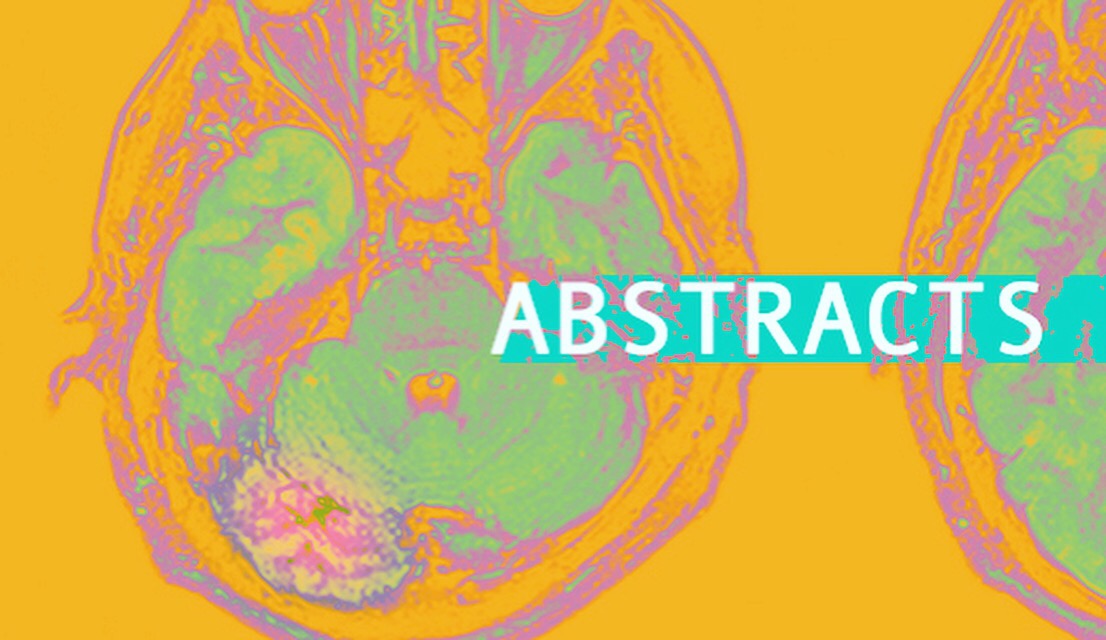Author information
Crit Care Med. 2016 Oct;44(10):1808-13. doi: 10.1097/CCM.0000000000001861.
Abstract
OBJECTIVES:
To determine whether delirium during ICU stay is associated with long-term mental health problems defined as symptoms of anxiety, depression, and posttraumatic stress disorder.
DESIGN:
Prospective cohort study.
SETTING:
Survey study, 1 year after discharge from a medical-surgical ICU in the Netherlands.
PATIENTS:
One-year ICU survivors of an ICU admission lasting more than 48 hours, without a neurologic disorder or other condition that would impede delirium assessment during ICU stay.
INTERVENTIONS:
None.
MEASUREMENTS AND MAIN RESULTS:
One year after discharge, ICU survivors received a survey containing the Hospital Anxiety and Depression Scale with a subscale for symptoms of depression and a subscale for symptoms of anxiety, and the Impact of Event Scale 15 item measuring symptoms of posttraumatic stress disorder. Participants were classified as having experienced no delirium (n = 270; 48%), a single day of delirium (n = 86; 15%), or multiple days of delirium (n = 211; 37%) during ICU stay. Log-binomial regression was used to assess the association between delirium and symptoms of anxiety, depression, and posttraumatic stress disorder. The study population consisted of 567 subjects; of whom 246 subjects (43%) reported symptoms of anxiety (Hospital Anxiety and Depression Scale with a subscale for anxiety, ? 8), and 254 (45%) symptoms of depression (Hospital Anxiety and Depression Scale with a subscale for depression, ? 8). In 220 patients (39%), the Impact of Event Scale 15 item was greater than or equal to 35, indicating a high probability of posttraumatic stress disorder. There was substantial overlap between these mental health problems-63% of the subjects who scored positive for the presence of any three of themental health problems, scored positive for all three. No association was observed between either a single day or multiple days of deliriumand symptoms of anxiety, depression, or posttraumatic stress disorder.
CONCLUSIONS:
Although symptoms of anxiety, depression, and posttraumatic stress disorder were found to be common 1 year after critical illness, the occurrence of delirium during ICU stay did not increase the risk of these long-term mental health problems.
- PMID:
- 27513540
- DOI:
- 10.1097/CCM.0000000000001861

